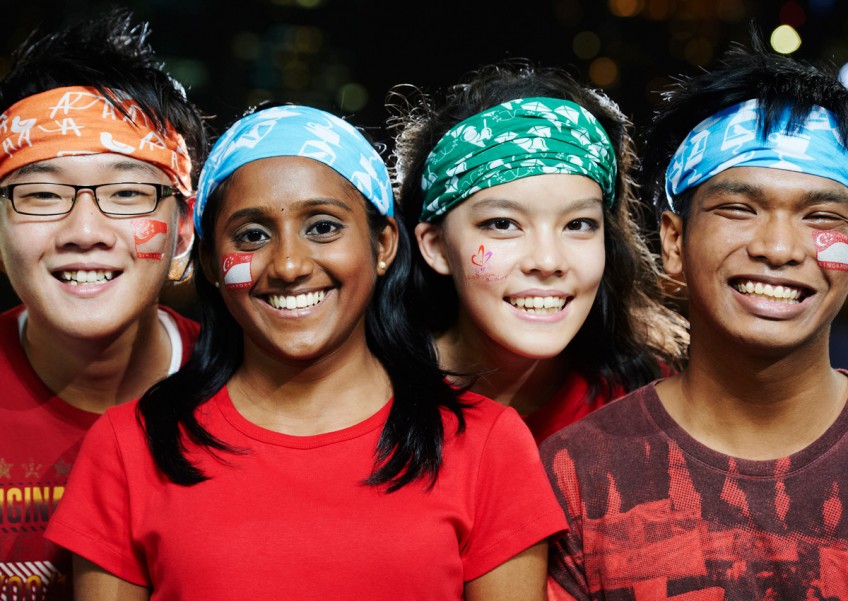Debate on whether race classification model is still relevant

Academic Elaine Ho feels it may be time to do away with the Government's model of classifying people by race.
The Chinese, Malay, Indian and Others (CMIO) classification, in place since the first Census in 1824, has been put to use in housing and education policies, noted the National University of Singapore's associate professor in geography.
"I think the CMIO model has served its purpose," she said.
Although a 2011 change allowed double-barrelled race classification for Singaporeans of mixed parentage, she would "like to see these categorisations dissolved even more".
With more inter-racial marriages and immigration, Singapore has become more diverse, she said, adding: "I wonder if (CMIO) is still a good way to manage ethnicity and intersecting types of identities."
But Acting Minister for Education (Schools) Ng Chee Meng said discarding the model runs the risk of impinging on minorities' rights.
"When we, as the majority race in Singapore, want to blur it, then who would represent their interests?" he said, asking how Singapore would design inclusive politics to make sure Malays and Indians are represented in Parliament.
Fellow panel speaker David Chan, director of the Singapore Management University's Behavioural Sciences Institute, also warned that some aspects of a person's identity cannot be chosen, and that policies should be careful not to land such people in particularly advantageous or disadvantageous situations.
He said: "If we didn't want to talk about male or female (differences), there wouldn't be the Women's Charter. Similarly, if we don't want to talk about CMIO, what kind of policies would we be erasing?"
He did not think the CMIO model impedes national identity, citing surveys that show one "can be very Malay and very Singaporean" at the same time.
"I'm not saying everything is fine, but be careful what we're doing away with," he said.
The CMIO classification and gay rights were the leading topics during yesterday's panel discussion on cohesive diversity at the Institute of Policy Studies' annual conference.
Earlier, in a speech, Mr Ng underlined the need for inclusive policies and politics that help the country become "one united people".
While such policies will evolve as society matures, core elements such as education, meritocracy and the goal of leaving no Singaporean behind must remain, he said.
"As a society, Singaporeans must respect our differences and proactively defend our common spaces.''
As for gay rights, he urged patience in letting society come to its own consensus.
"It may not be satisfactory... but given human dynamics, sometimes time is a great resource," he said.
Rounding off the discussion, Mr Ng, a key member of the People's Action Party's fourth generation of leaders, said his generation would have to earn Singaporeans' trust with regard to their integrity, competence and ability.
"Hopefully, over time, our track record will allow us to continue this relationship, where inclusive politics would be necessary (for an) environment where we have all these diverse viewpoints... and in that conversation derive the energy and strength to position Singapore for SG100."

This article was first published on Jan 19, 2016.
Get a copy of The Straits Times or go to straitstimes.com for more stories.